Former president Donald Trump and Tesla founder and X CEO Elon Musk had a wide-ranging conversation in a record-breaking X Space on Monday night. The pair spoke for about two hours with millions of listeners tuning in; the Space received hundreds of thousands of comments. The opportunity to hear from an unscripted presidential candidate for one of the two major political parties on pretty much every major issue facing our country is a gift to journalists. The amount of access Trump gives to the press in general — even adversarial reporters — is also a gift. Ideas directly from the horse’s mouth; no anonymous sources or investigate legwork required.
But the establishment and corporate media don’t view Trump’s words this way. Many of them believe that Trump is so uniquely dangerous that allowing him to speak — particularly without their live “fact-checks” (which often contain their own falsehoods) — is a threat to the country.
We have a long cultural tradition of free speech in this country that is an unwritten but near-universally understood extension from the First Amendment protection of speech from the government. Our Founders and other enlightened thinkers from the time reasoned that “bad speech” is best countered with more speech. Censoring “bad” ideas would drive them underground and allow them to fester, which promotes unhealthy conflict resolution and national disunity. In addition, the majority “right” or “good” idea can be wrong, so being open to new ideas and minority opinions is vital for societal progress and determining truth.
This philosophy requires a belief in democratic principles. That is, you have to trust the populace to be able to ascertain for themselves what is true versus false or good versus bad and make good decisions based on the speech they hear. It would seem obvious that America believes in that idea; after all, we allow nearly everyone to vote for their elected officials. We trust them enough to choose the government, so we must trust them enough to consume information without censorship.
Unfortunately, the news media in this country has increasingly isolated itself from most of this country which has allowed an elitist attitude to emerge within the industry. It became more prevalent during the Trump era. We know Trump is crazy and dangerous, but the people are too stupid to figure it out on their own, so we need to do everything possible to help defeat him, even if it means shielding the public from what he has to say. Journalists repeatedly lobbied social media companies to remove Trump from their platforms — with many of them finally acquiescing post-January 6 — and encouraged corporate advertisers to pull paid ads from conservative or Trump-related content on social media and television. Many stopped carrying his speeches and events live so that viewers could not see for themselves what he had to say. All of his words were filtered through a biased media that wanted to present him in the most unfavorable light possible. Private persons who chose to support Trump anonymously online were harassed and “canceled” by news organizations, a warning that ideological dissent to the regime would not be tolerated.
Few of these journalists have ever stopped during this process to consider that their opinion of Trump might be wrong — or wonder why their strategy to silence him hasn’t meaningfully diminished his support. Instead, they have doubled down.
Earlier this week, a Washington Post reporter took it to the next level by openly suggesting the government get in on the game. During a White House press briefing, the Washington Post’s Cleve Wootson asked if the government has a “role” in tackling “misinformation” and if President Joe Biden planned to “intervene” in Trump’s X Space.
“I think that misinformation on Twitter is not just a campaign issue. It’s a — you know, it’s an America issue. What role does the White House or the president have any sort of stopping that or stopping the spread of that or sort of inter — intervening in that. Some of that was about campaign misinformation, but you know it’s a wider thing, right?” Wootson asked.
The Biden administration has already been accused of illegally colluding with social media companies to censor content it deemed “misinformation” (unfortunately, the Supreme Court ruled that the plaintiffs in this case lacked standing). Directly preventing a political opponent from speaking on a social media platform would be even further beyond the pale and it is frankly horrifying that a journalist, whose job is protected by the same constitutional amendment that shields the speech of everyday Americans from government censorship, would even suggest such a thing.
That the question was asked with little pushback from Wootson’s mainstream colleagues suggests to me that the American media has been emboldened in its illiberal ways. The problem is likely to get worse before it gets better. The media don’t seem to care that their trust with the American people is at an all-time low or that many of them have had to lay off staff. They have apparently decided it is more important to use their platforms and power to gatekeep “acceptable” ideas in society.
The journalistic profession has humiliated itself by dying on this mantle. Late-night host Stephen Colbert interviewed CNN anchor Kaitlan Collins on his program this week. When Colbert said in all seriousness, “I know you guys are objective over [at CNN], you just report the news as it is,” his audience laughed hysterically. “Is that supposed to be a laugh line?” Collins asked wryly. “No,” Colbert replied.
I suspect CNN and The Late Show have a pretty sizable overlap in audiences, so it seems like a pretty big deal that in-studio Colbert guests don’t believe that CNN is objective.
I offer some ideas of how the media can restore basic journalistic principles in my book, but I don’t purport to know how bad things have to get before the media reforms itself or collapses entirely. I do know that the way our media operates now poses far greater danger to our country than a presidential candidate being allowed to speak freely on X.



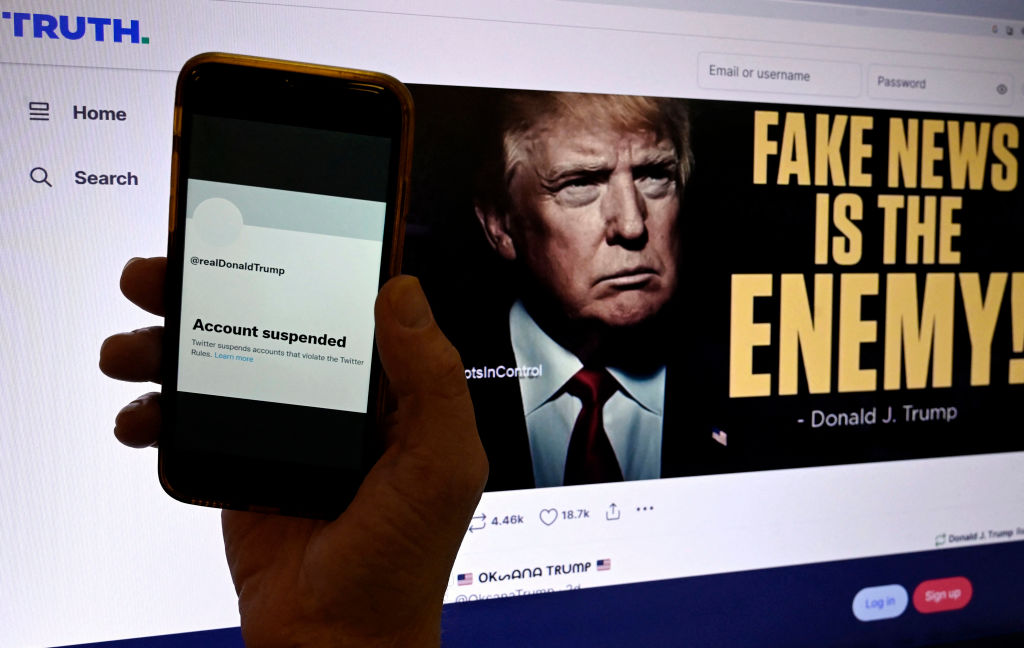




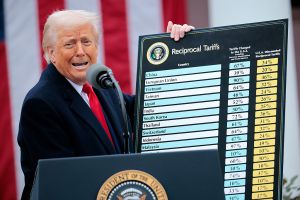

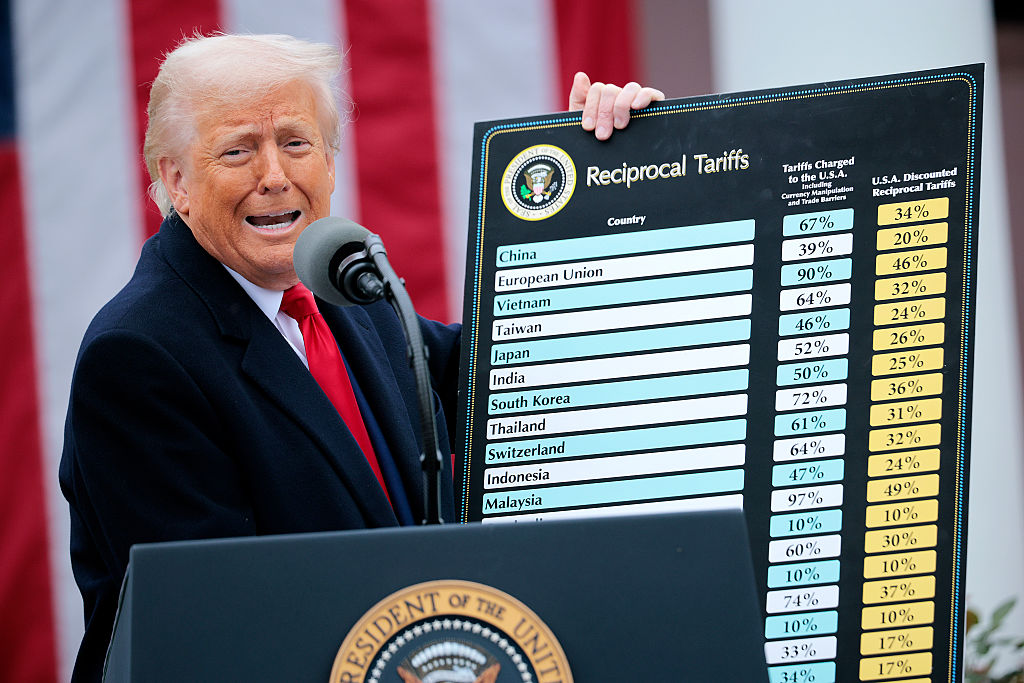
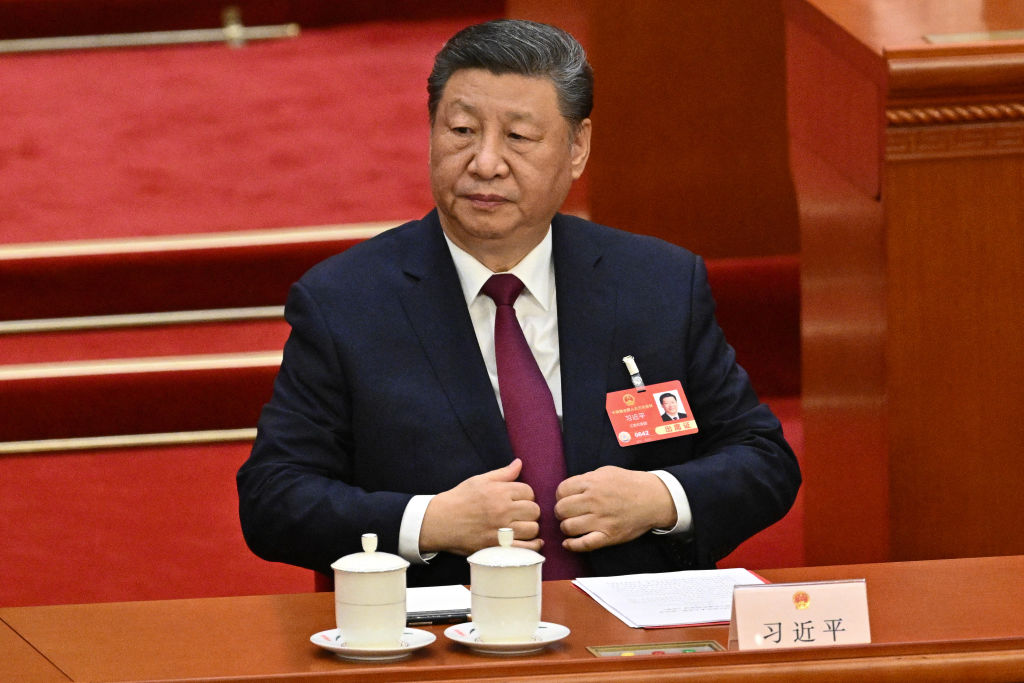

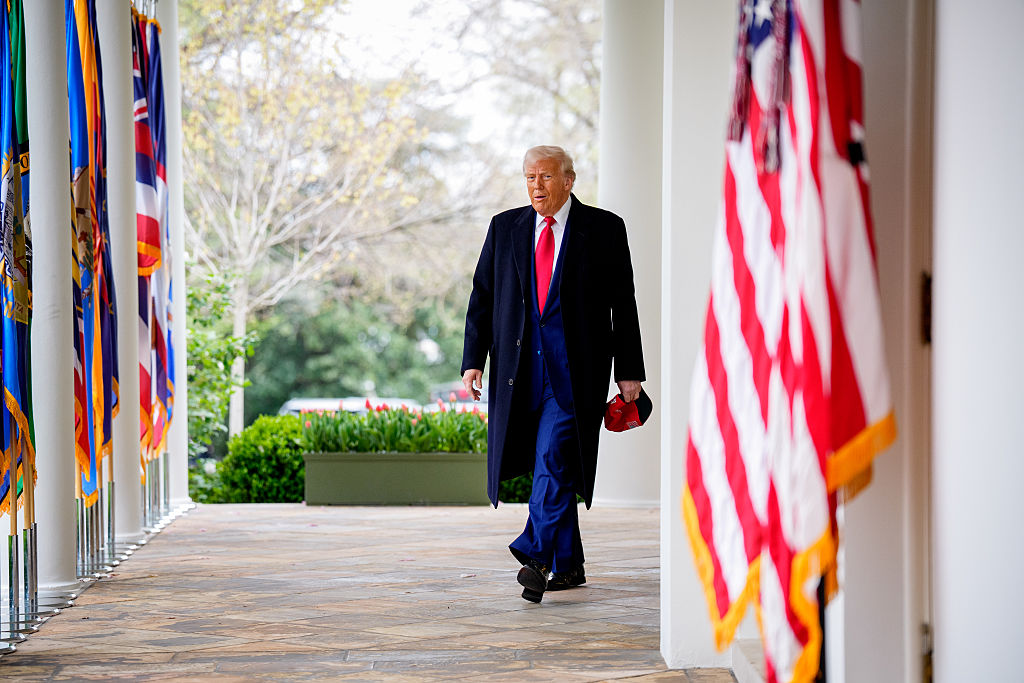
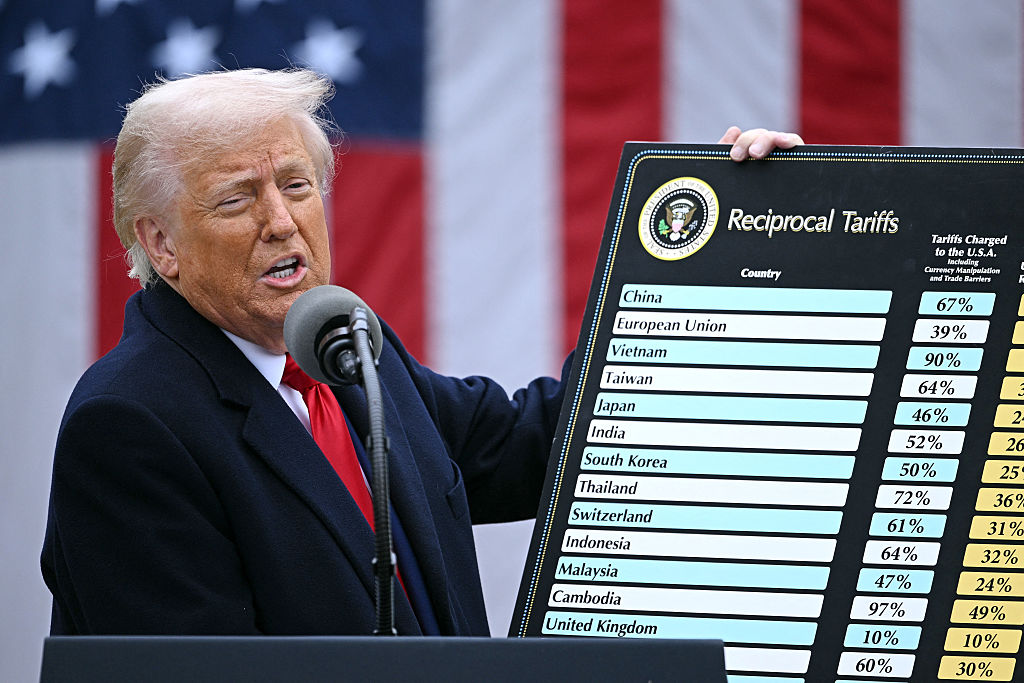







Leave a Reply